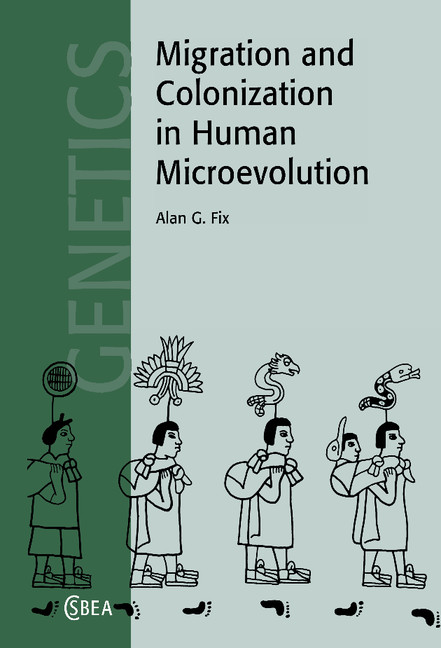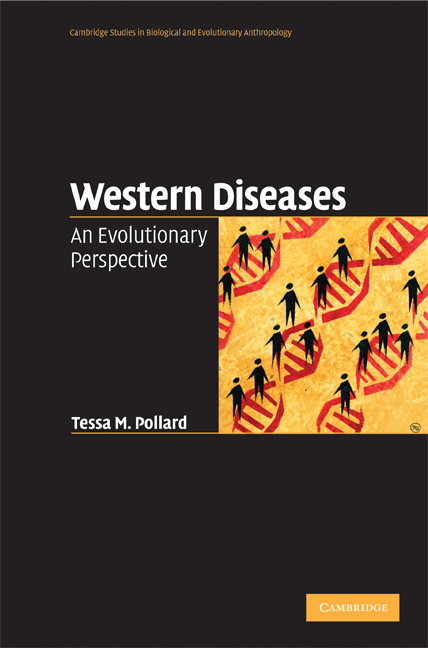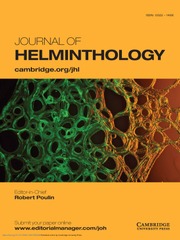Human Evolution
Controversy over human evolution remains widespread. However, the human genome project and genetic sequencing of many other species have provided myriad precise and unambiguous genetic markers that establish our evolutionary relationships with other mammals. Human Evolution: Genes, Genealogies and Phylogenies identifies and explains these identifiable, rare and complex markers including endogenous retroviruses, genome-modifying transposable elements, gene-disabling mutations, segmental duplications and gene-enabling mutations. The new genetic tools also provide fascinating insights into when and how many features of human biology arose: from aspects of placental structure, vitamin C dependence and trichromatic vision, to tendencies to gout, cardiovascular disease and cancer. Bringing together a decade's worth of research and tying it together to provide an overwhelming argument for the mammalian ancestry of the human species, the book will be of interest to professional scientists and students in both the biological and biomedical sciences.
- Examines how genome sequencing projects bring to light new insights into human evolutionary history
- Identifies the genetic markers that establish our evolutionary relationships with other mammals, including endogenous retroviruses, genome-modifying transposable elements, gene-disabling mutations, segmental duplications and gene enabling mutations
- Provides fascinating insights into when and how many features of human biology arose
Reviews & endorsements
'When people think of evolution they usually imagine bones and fossils, though these gross changes are accompanied by cumulative changes in the genomes of different species. In this book Dr Finlay takes several examples to illustrate our evolutionary tree at the molecular and genomic level. Step by step he provides a wealth of cumulative evidence that demonstrates how our genomes are related to other primates and to our more distant biological relatives. The evidence is compelling and shows the elegant ways in which we are connected to the rest of biology. Nonetheless we are more than just intelligent apes, and Dr Finlay is careful to emphasise that our genomes are only part of the story of what it means to be human and that we have also been shaped by historical, cultural and religious factors that may not affect our physiology and anatomy but define us a human beings.' Keith R. Fox, University of Southampton
'Graeme Finlay has written a remarkable book outlining some of the most powerful evidence for human evolution–our own genes. Many people today have heard scientists say that evolution is a fact and that the evidence for evolution is overwhelming. Finlay demonstrates without any doubt whatsoever why this is the case. He has a wide grasp of the primary scientific literature and offers general readers an accessible introduction to the complexities of modern genetics. He deals with the fundamental topics of retroviruses, jumping genes, pseudogenes, and the origin of new genes during evolution. This is a book that specialists in the sciences will also value. Finlay is fully aware of the challenges that human evolution presents to religious people. With sensitivity, he encourages them not to fear the evolutionary evidence, but to embrace it all its splendor and wondrous glory. For me, reading Finlay’s book was a spiritual experience. I highly recommend this book.' Denis O. Lamoureux, St. Joseph’s College, University of Alberta
'Graeme Finlay’s Human Evolution provides rigorous and definitive proof of evolution. With countless examples from genetics - many quite fascinating - he shows that common ancestry is indeed a fact. All life forms, including humans, evolved from earlier species. Finlay concludes, however, that ‘genetics is not the whole story’, finding ample room for traditional concepts of human personhood. Human Evolution is well worth a careful reading.' Karl W. Giberson, Stonehill College, USA
'Graeme Finlay succeeds marvellously at that most difficult of challenges in scientific writing: to captivate and animate the reader without blurring detail - and the details are fascinating. From viral insertions, to jumping genes and ‘fossil’ DNA, the new ability to read the human genome, including his perspective as a cancer specialist and committed Christian, is Finlay’s gift to us. I came away from the book with a new respect for our connection to animal cousins on the tree of life, yet a renewed appreciation of the special privilege and responsibility of being human.' Tom McLeish, University of York, UK
Product details
No date availableAdobe eBook Reader
9781107440494
0 pages
0kg
101 b/w illus. 11 tables
This ISBN is for an eBook version which is distributed on our behalf by a third party.
Table of Contents
- Preface
- Prologue
- 1. Retroviral genealogy
- 2. Jumping genealogy
- 3. Pseudogenealogy
- 4. The origins of new genes
- Epilogue: what really makes us human
- References
- Index.







